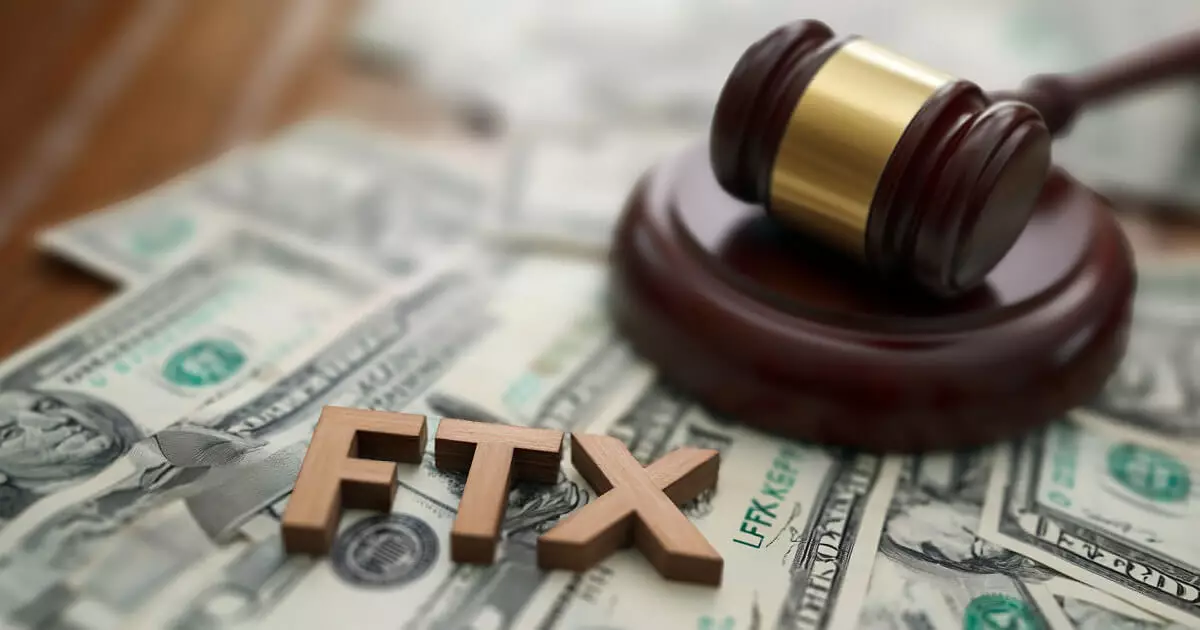The US Securities and Exchange Commission (SEC) recently filed a document expressing its concerns regarding the proposed repayment plan in the ongoing FTX bankruptcy case. The plan, which involves repaying creditors using stablecoins or other digital assets, has raised red flags for the SEC. By reserving the right to challenge these transactions under federal securities laws, the SEC has introduced an element of uncertainty that could potentially prolong the entire bankruptcy process.
In an official filing made on August 30, the SEC clarified that it is not providing a definitive legal stance on these transactions at present. However, it has indicated that it may contest the legality of these repayments in the future. This lack of clarity has sparked criticism from the industry, as it adds an additional layer of complexity to the already convoluted FTX bankruptcy proceedings. Many argue that the SEC’s actions might result in unnecessary delays and further complications for all parties involved.
The SEC’s filing also included a request to eliminate a discharge provision from FTX’s Chapter 11 Plan. This provision would have shielded the company from certain future legal obligations, potentially undermining full accountability in the bankruptcy process. By signaling their intent to potentially object to the plan, the SEC is emphasizing its commitment to closely monitoring how FTX plans to liquidate and distribute its remaining assets. This level of scrutiny has raised concerns within the crypto industry about the transparency and effectiveness of the regulatory oversight.
The SEC’s approach to the FTX case has faced significant backlash from industry experts. Coinbase’s chief legal officer, Paul Grewal, criticized the regulator’s ambiguous stance in a series of tweets on September 2. Grewal highlighted the lack of clarity provided by the SEC, noting that while the use of stablecoins for creditor repayments has not been explicitly deemed illegal, the door has been left open for potential legal challenges in the future. This regulatory opacity has created an environment of uncertainty, leaving investors, consumers, and markets in a state of limbo.
The reservations expressed by the SEC regarding the use of stablecoins in creditor repayments raise larger questions about the classification of these digital assets under federal law. If the SEC decides to contest FTX’s utilization of stablecoins and succeeds, it could establish a precedent that impacts similar bankruptcy cases involving digital assets. This uncertainty adds another layer of complexity to an already intricate legal landscape, potentially prolonging the financial hardships faced by creditors.
The SEC’s concerns over the FTX bankruptcy repayment strategy reflect broader issues within the crypto industry regarding regulatory clarity and consistency. The agency’s reservations surrounding the use of stablecoins highlight ongoing debates about the classification of digital assets as securities. Moving forward, the outcome of the FTX case could set a significant precedent for how similar bankruptcy proceedings involving digital assets are handled in the future.


Leave a Reply